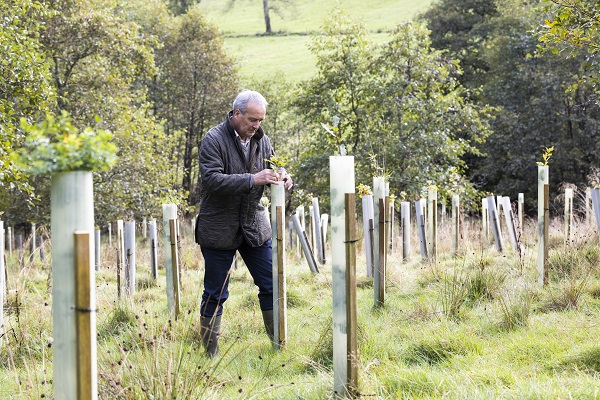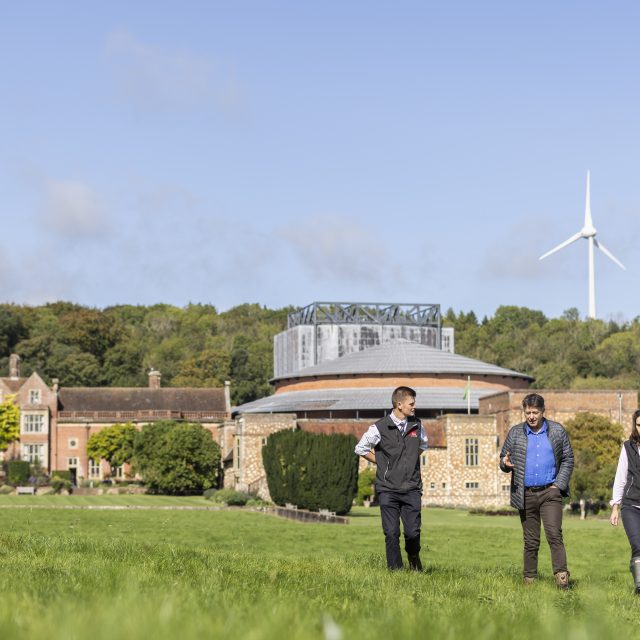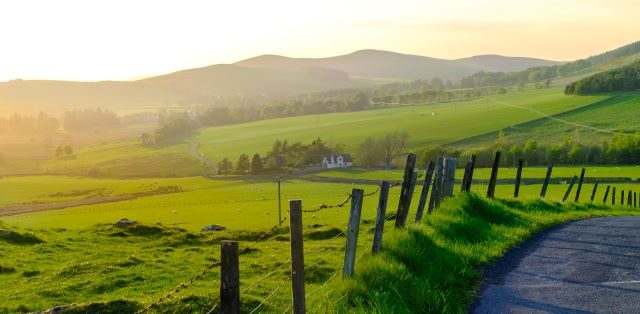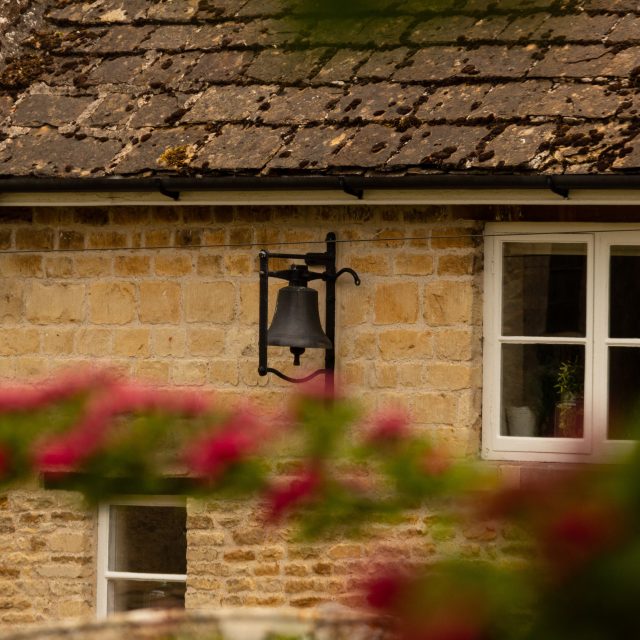Join our Masterclass on Woodland Creation
There are many reasons why farming businesses should consider integrating more trees into their farming operation.
Woodland creation helps to address society’s wider environmental goals, but it can also be an opportunity for farmers to diversify, generate additional income and improve the long-term profitability and resilience of adjacent farmland.
John Clegg & Co is running a Masterclass on Woodland Creation, in partnership with the Forestry Commission, on 8 June 2023. One of our objectives is to change the perception that woodland creation is a competing land use for food production, but instead can be a complementary diversification.
To register for a free place, please visit: https://JCCandFCWoodlandMasterclassJune.eventbrite.co.uk
Here are some of the ways that planting trees can help to improve business resilience and generate new income streams:
Agricultural benefits
Planting the right trees in the right place can help to increase farm productivity. For example, the creation of shelter belts and barriers between fields has been shown to help reduce the transfer of disease between sheep flocks, increase lamb survival rates and help to maintain milk production on dairy farms during hot weather. On arable farms, planting trees at the field edge can help to reduce soil erosion, spray drift and protect growing crops from extreme weather. Trees will also increase the habitat available to pollinators.
Increasing our wooded landscape can play a significant part in helping to address the biodiversity crisis. Woodland can provide a rich and diverse habitat for thousands of species that rely on woodland to live, feed and procreate. Planting woodland creates new habitats but is also an important way of connecting existing habitats across the landscape.
Generous grant support
Financial support is available in England through the England Woodland Creation Offer (EWCO). The scheme has the flexibility to allow you to create woodland that works for your
own objectives. The grant will cover the capital costs of planting and protection, based on standard costs of up to £10,200ha. Additional contributions worth up to £8,000ha are also available for the delivery of wider environmental and social benefits, plus an annual maintenance payment for 10 years.
A Woodland Creation Planning Grant is also available to assist farmers and land managers to assess the suitability of land for woodland creation.
For more information on grants visit: gov.uk/guidance/tree-planting-and-woodland-creation-overview
Enhancing biodiversity
Increasing our wooded landscape can play a significant part in helping to address the biodiversity crisis. Woodland can provide a rich and diverse habitat for thousands of species that rely on woodland to live, feed and procreate. Planting woodland creates new habitats but is also an important way of connecting existing habitats across the landscape.
Timber income
The UK imports over 80% of its timber so demand for domestically produced timber is high. Timber income from thinning even small areas of woodland can provide a useful income stream and firewood is now highly sought after, with prices of £75-85/t at the roadside achievable.
Carbon offsetting and income
The Woodland Carbon Code (WCC) is an internationally recognised accreditation scheme for UK woodland carbon projects. Registering with the WCC allows landowners to offset their own carbon emissions as part of efforts to reach net zero targets. Generated carbon credits can also be sold to anyone looking to offset their own carbon emissions. A 1ha block of mixed broadleaved woodland could sequester around 300-350t of CO2 over 100 years which, at a price of £15t, equates to carbon income of £5,250/ha.
Tax reliefs
A commercial woodland is subject to a range of tax reliefs. After two years of ownership commercially managed woodland qualifies for 100% relief from Inheritance Tax (IHT). Capital Gains Tax (CGT) is applicable on the increase in land value only. Timber sales are free of all income tax and do not attract CGT. Under current rules, land used to generate carbon credits under the WCC will be considered as a non-investment activity and so in principle should qualify for Business Property Relief (BPR).[i]
John Clegg & Co is the specialist forestry arm of Strutt & Parker. The Masterclass on 8 June will focus on woodland creation in England, but our team operates across the UK. If you are considering a woodland creation scheme on your own land and would like advice on where to start and what funding may be available, please do get in touch.
John Clegg & Co is also one of the sponsors at the Institute of Chartered Foresters (ICF) national conference, titled Connecting Trees, Farmers and Foresters. The event on 25 and 26 April 2023 will take place at Edgbaston Stadium, Birmingham and online. Tickets can be booked through the conference webpage.
[1] John Clegg & Co does not provide tax or accounting advice. The information provided is general in nature and is not intended, or should not be construed, as professional advice or opinion provided to the user. You should consult your own tax and accounting advisors to confirm your own situation.






